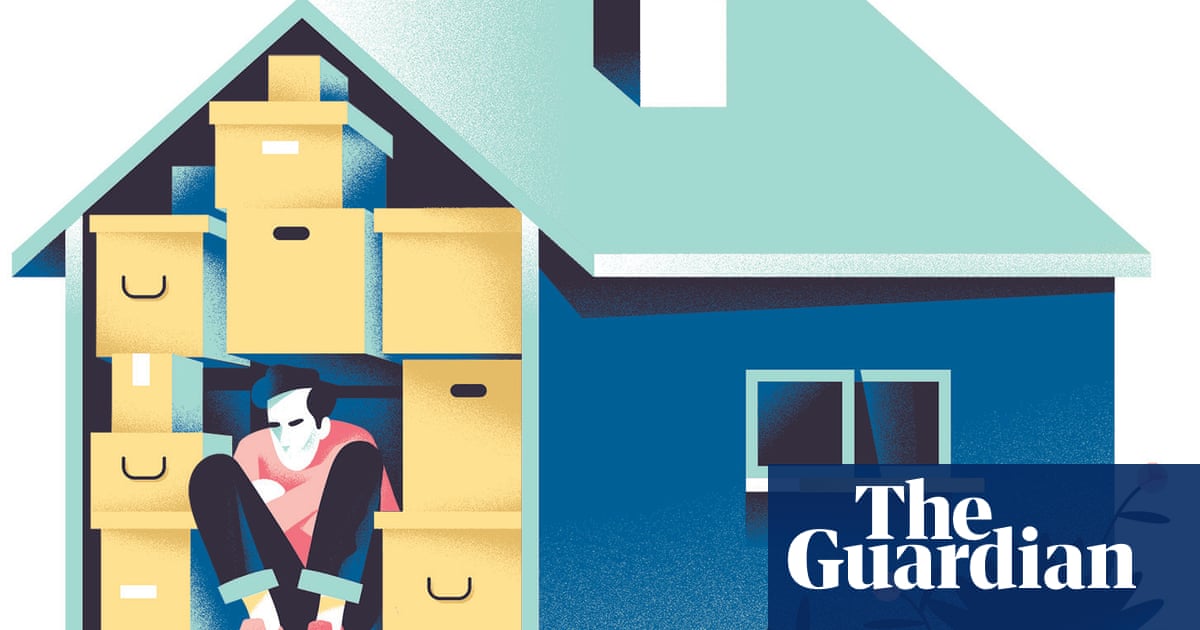
I don’t think it’s a coincidence that the two most surprisingly successful lifestyle gurus of the late 2010s are Jordan Peterson and Marie Kondo. Fans of the glowering Canadian see him as a champion of the “masculine” forces of order over “feminine” chaos, while Kondo’s books and new Netflix show are squarely pitched at a female audience. But their best-known advice is exactly the same: clean up your room.
Their reasoning’s the same, too: not just that a tidy environment beats a messy one, but that the same uplifting atmosphere of order and direction will spread to the rest of your life (and in Peterson’s case, to the universe). The appeal is the promise of a sense of control in a world that feels to many as though it’s slipping beyond their grasp. Kondo “puts forward a tempting bargain”, two classicists wrote in the New York Times, noting parallels between her and the Greek philosopher Xenophon: “If you organise your possessions, the rest of your life will magically fall into place.”
I mention this not to imply that followers of Peterson or Kondo are needy weirdos driven by deep-seated but acknowledged neuroses. I mean, they are – but we all are. (That’s basically why everyone does everything.) And, as a neat freak, I understand the specific pleasures of imposing your will on your surroundings. But it’s worth bearing in mind a hidden hazard when it comes to seeking control in any area of life, which is, bluntly, that you’ll never achieve it. Actually, it’s worse than that: the harder you try, the harder it gets. This is the so-called “paradox of control”, and it’s why nobody should be surprised when decluttering, for all its benefits, fails to bring the satisfaction they’d hoped for.
Sometimes the problem is that the thing you’re attempting to control rebels against you: examples include toddlers, partners, and also yourself, whenever you try to stick to some rigid new schedule or habit. At other times, it’s because you develop tunnel vision about whatever you’re trying to control, and your standards grow more exacting, so smaller failures of control are ever more frustrating. In a messy house, an improperly folded T-shirt is no big deal; in a fully Kondified one, it’s a stress-inducing anomaly. It’s only on a spotless kitchen counter that a speck of dust even registers.
The extreme case of the paradox of control, as Nick Williams explains on his blog The Negative Psychologist, is the abusive relationship in which one person seeks wholly to control the other. If the other person submits completely, the abuser usually isn’t pleased, as you might have predicted, but enraged. Having successfully eradicated the other person’s will, there’s no longer an opposing will for him to dominate, and he’s as lonely and insecure as before. As soon as victory is won, he realises it’s the last thing he wanted.
As I say: an extreme case. There’s nothing psychologically unhealthy about decluttering and cleaning if done in moderation. But it’s good to remember that the endpoint won’t ever be that you feel completely in control of the clutter. Or of anything. That’s the life-changing magic of knowing when to stop tidying up.
Read this
James Wallman makes the case for accumulating experiences over things – without falling into the trap of obsessive minimalism – in his 2015 book Stuffocation.
Source: TheGuardian
